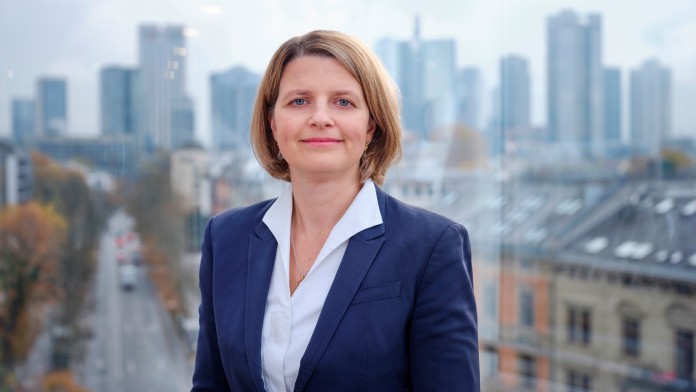
KfW Research
Entrepreneurial activity in Germany dropped to 550,000 newly started businesses in 2022. Of these, 222,000 were full-time businesses (40%) and 328,000 part-time businesses. However, nearly one in five part-time start-ups intend to scale their business to a full-time activity. The persistently strong labour market development contributed significantly to driving the decline. Looking to the future, the shortage of skilled workers will remain a major challenge for entrepreneurial activity. The number of female entrepreneurs in particular has fallen, while the number of male entrepreneurs has hardly changed.

“Faced with the challenges of skills shortages and COVID blues, start-up activity in Germany is on the decline. Labour market developments have traditionally had a strong influence on entrepreneurial activity here. That is because there is a strong focus in Germany on salaried employment. It seems the COVID blues made people more eager to try out new career options and, hence, to start a business. Whether this will continue remains to be seen. In any case, the focus on salaried employment begins early, for example in the occupational guidance given to students. We urgently need a rethink here, despite – or perhaps indeed because of – the shortage of skilled workers”.
The KfW Entrepreneurship Monitor is an annual representative population survey conducted by telephone to gather information on start-up activity in Germany. The survey has been carried out by a well-known market research institute on behalf of KfW since the year 2000. The KfW Entrepreneurship Monitor paints a comprehensive picture of entrepreneurship in Germany. In particular the large number of characteristics of the entrepreneurs, as well as their start-up projects, is a defining feature of this database. In addition, business start-up survival in the first three business years can also be determined.
The wealth of information of the KfW Entrepreneurship Monitor allows a detailed analysis of start-up activity. A number of those results are published in the annual report.
Dr Georg Metzger
+49 69 7431-9717
KfW Research, KfW Group, Palmengartenstrasse 5-9, 60325 Frankfurt,
Press Office KfW (for representatives of the press and media only), +49 69 7431-4400,
